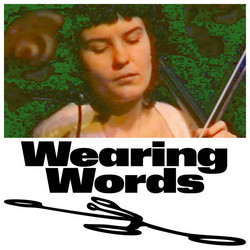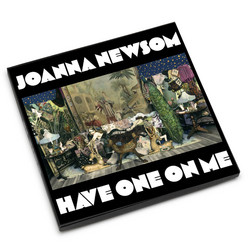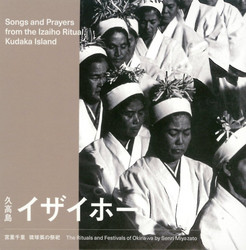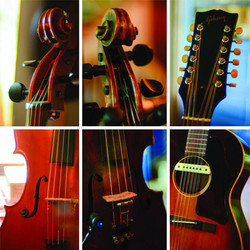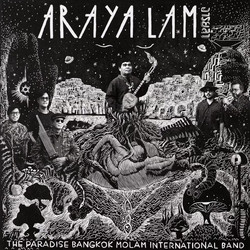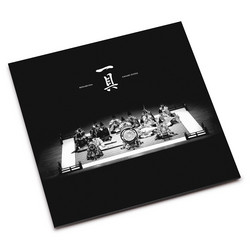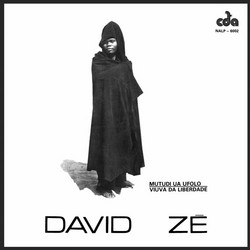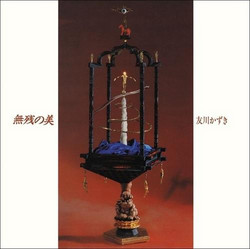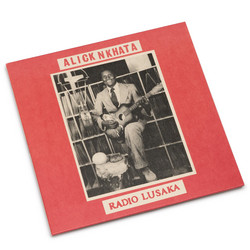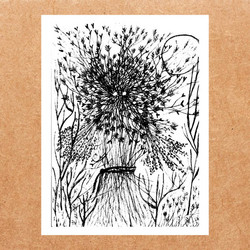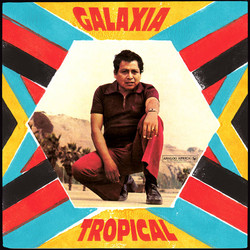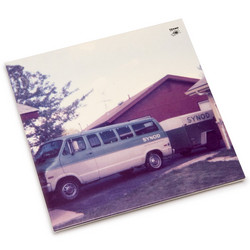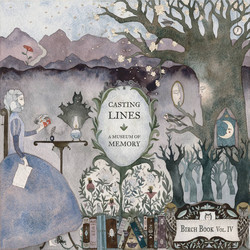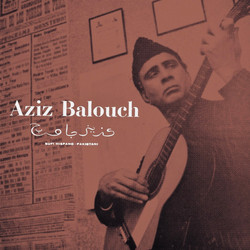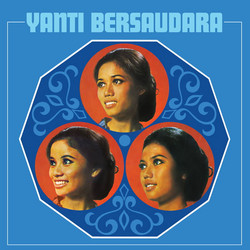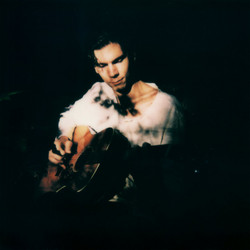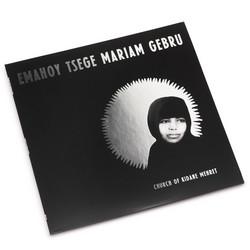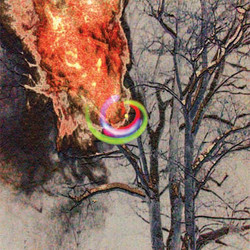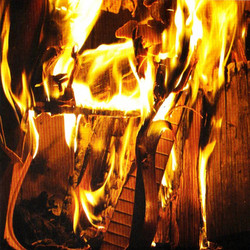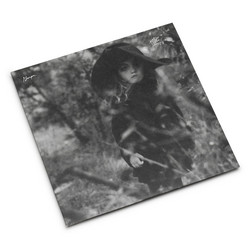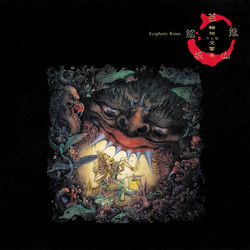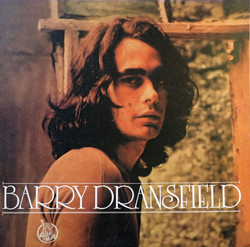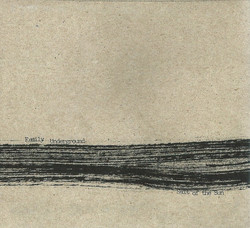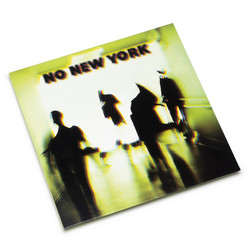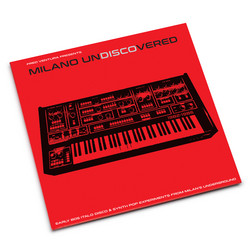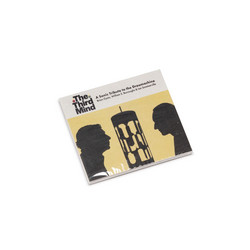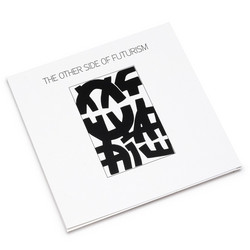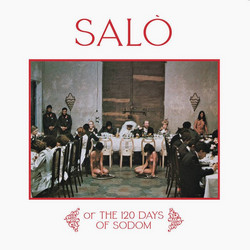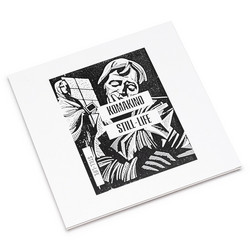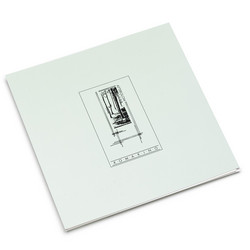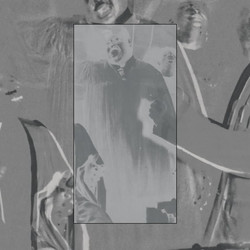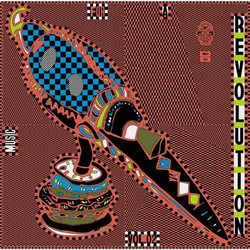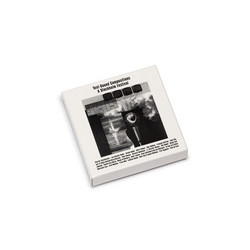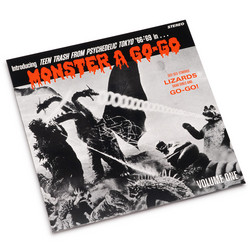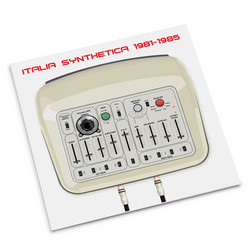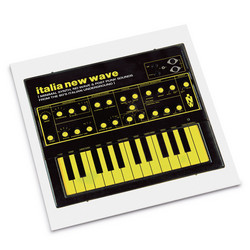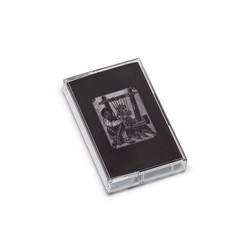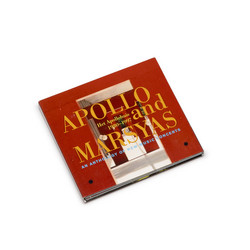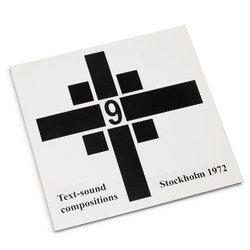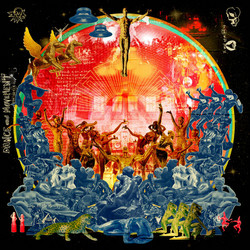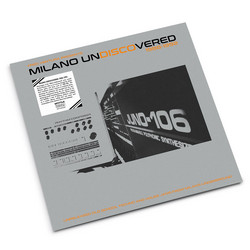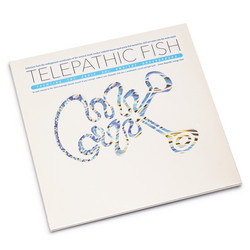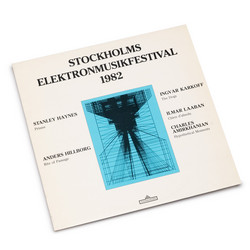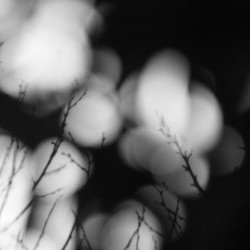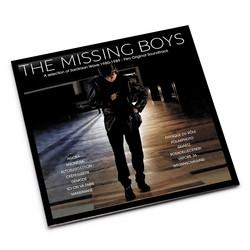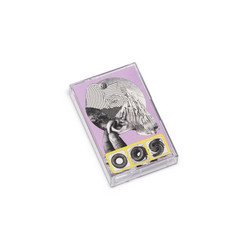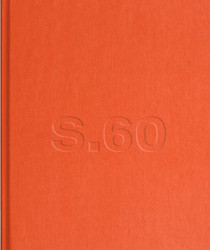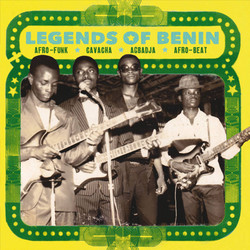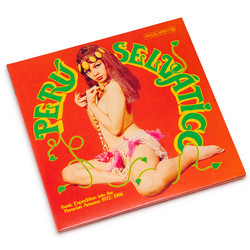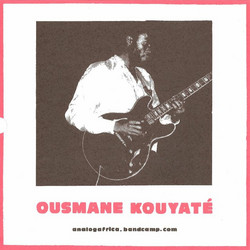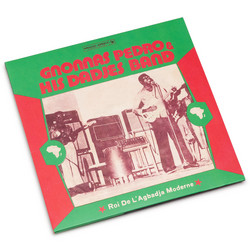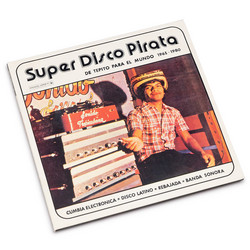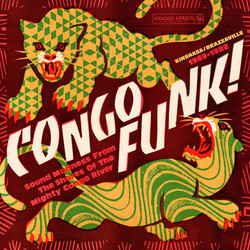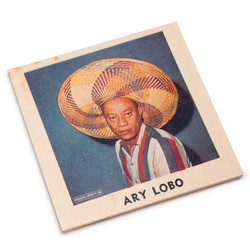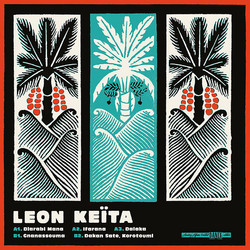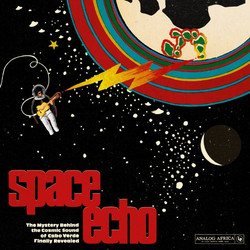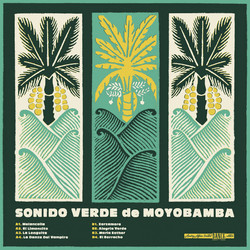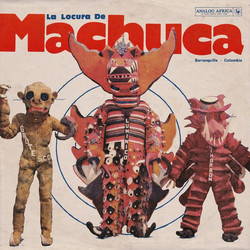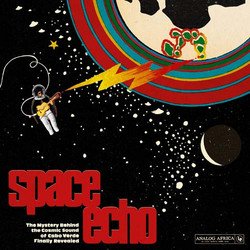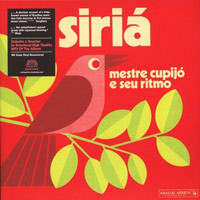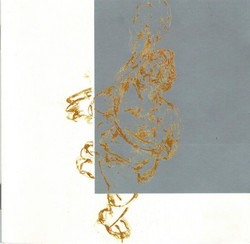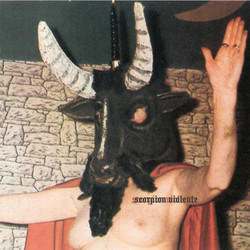Various
Hypnosis, distortion & other innovations 1969-1978
In 2010, against all odds, Angola Soundtrack Vol. 1 (AACD 069CD/AALP 069LP) was awarded the German Record Critics' Prize in the category "Black Music." This victory was all the sweeter for its triumph over the predicted winner, Aloe Blacc's multi-platinum record, Good Things. Many were surprised that the award was handed to a compilation that covered obscure music, but it didn't surprise the team behind Analog Africa, who believed such an award should have come much earlier. Since discovering the music of Angola 15 years ago, styles such Kazucuta, Rebita, and Semba have become an addiction for Samy Ben Redjeb, the compiler, who proclaimed a serious warning in the first edition liner notes: "Listening to these tracks may cause addiction and provoke heavy rotation!" The unique blend of incomparable musicianship, passionate delivery and regional rhythms that make these tracks so combustible are no accident. An exceptional set of circumstances existed in the history of Angola before Independence that created the giant leap in the style and standard of bands and recordings of the time. When Portuguese repressive measures prevented the small Turmas, street musician groups, from being able to perform in Carnaval celebrations in 1961, a Portuguese civil servant, entrepreneur and Angolan music fan named Luis Montês was already in a position to capitalize on Luanda's need for a live music scene. His self-designed "Kutonocas," Sunday afternoon live music festivals, delighted a Luandan population hungry for a communication between the city and musseques (townships). It also forced groups to adapt to a different style of playing that would accommodate large stages and broader audiences. They equipped themselves with electric guitars, and fed on the musical influences from Cape Verde, Congo and the Dominican Republic, while staying patriotically true to their own musical legacy and unique rhythms. The intimacy of those participating in this musical revolution meant they playfully and professionally wanted to trump each other's style; communication between the groups was frequent as everyone studied each other's records and concerts and players were under a lot of pressure to outdo each other due to the limited recording and performing opportunities. Development of skill and ingenuity was a must, as well as addressing the highly politicized climate. The optimism of Independence can be heard in these recordings; a common goal between the audience and musicians. Upon reading the characteristically generous liner-notes of this Analog Africa release, you will be given more hints of the crucial melting pot that allowed this short period to have such an outstanding productivity. Featuring 44 pages acquired in coordination with the National Library of Luanda and the art magazine Note E Dia, Analog Africa head honcho Samy Ben Redjeb has managed to collect newspaper clips, extremely rare pictures of the bands onstage and printed interviews from the '70s. The stunning pages of passionate photography and artistic design also include interviews with many of the original artists and their families, biographies of the three labels that made it all possible, and of Luis Montês, who was the pulse of the live music scene in Luanda. This compilation is a dedication to the short-lived recording industry in Angola, a brief moment of history between 1969 and 1978 in which three recording companies produced approximately 800 records, mostly singles. They are rare jewels, each song with a significant story and feel behind it. You will hear exciting music blazed with the anticipation of emancipation, tracks fuelled with a sense of unity, community, importance and immediacy. This addictive, outlawed music from Angola shakes and grooves with the smoothness of staccato machine gun fire. Do yourself a favor and submerge yourself into some of the most the addictive music created by mankind.
